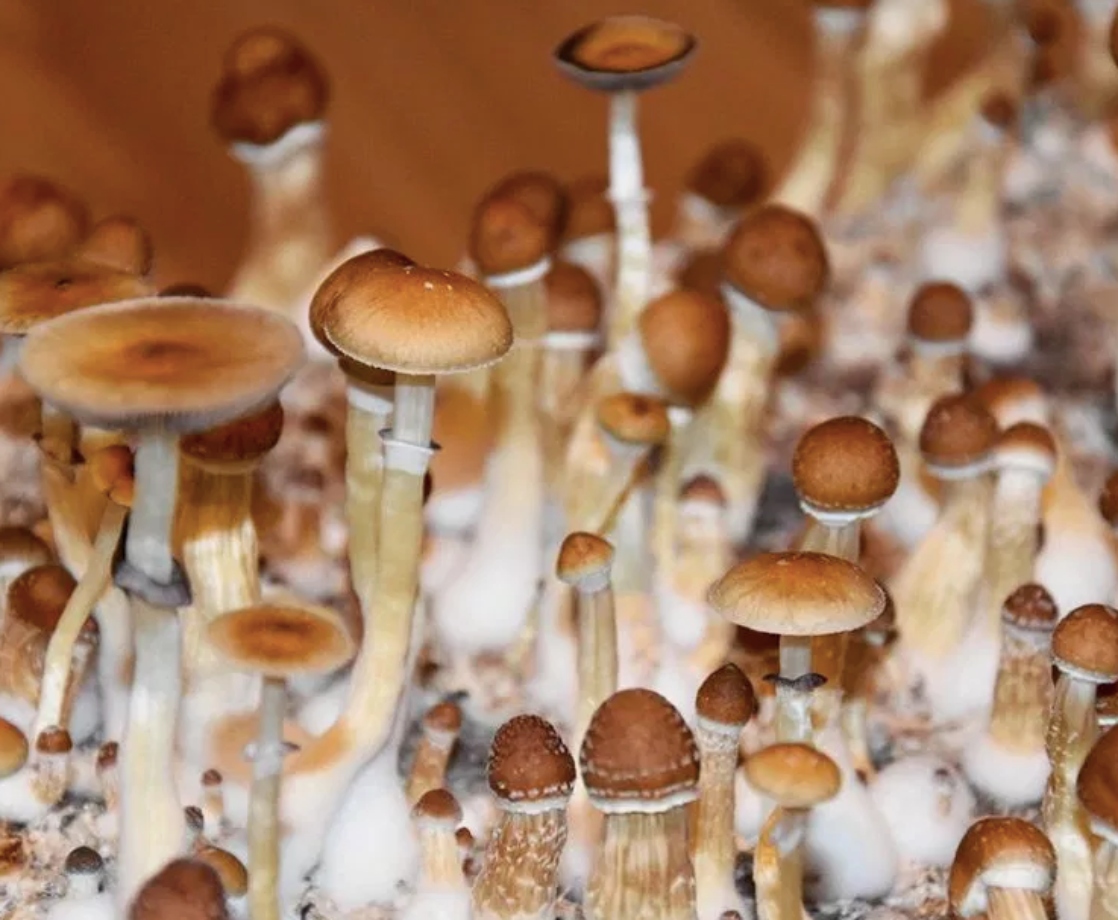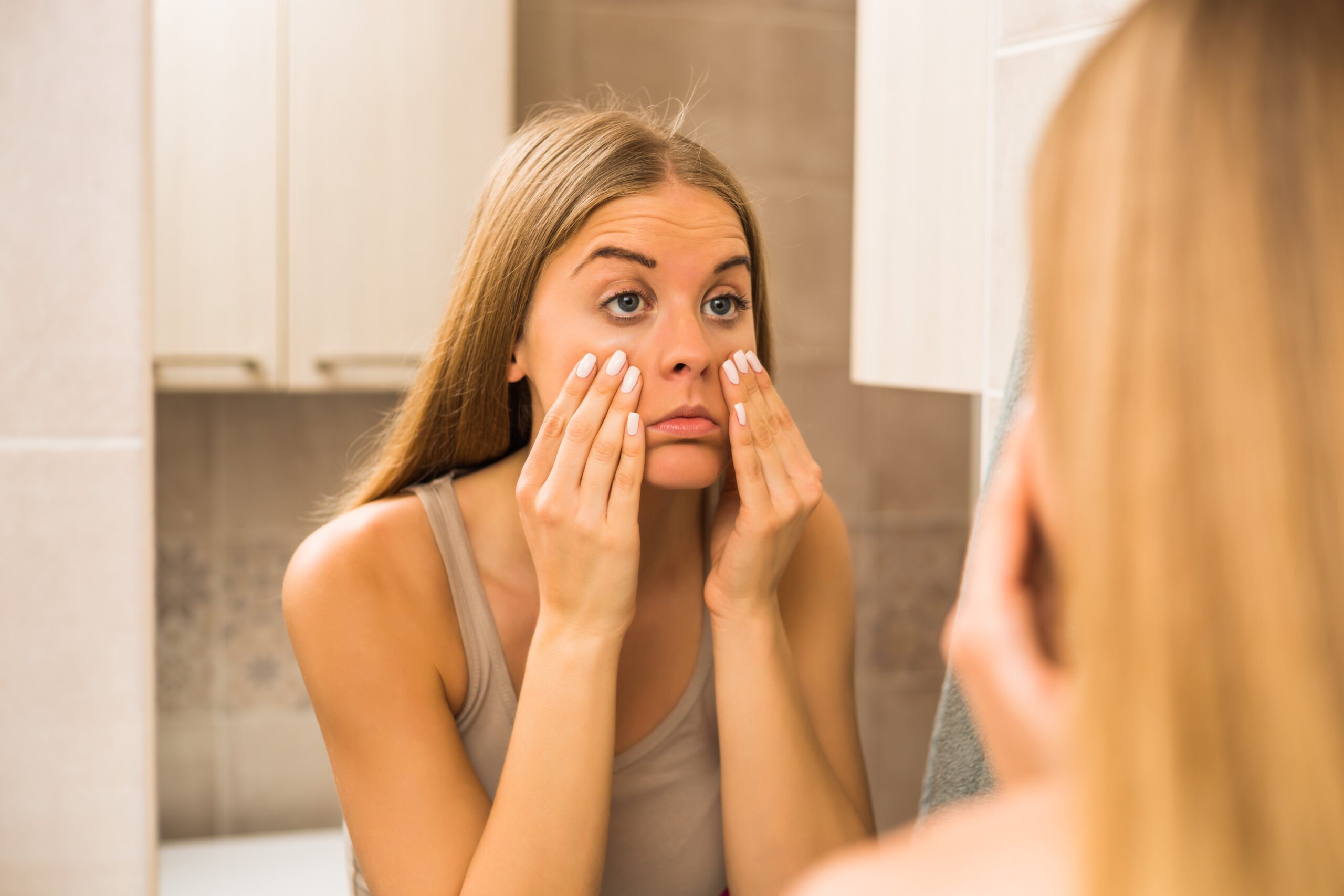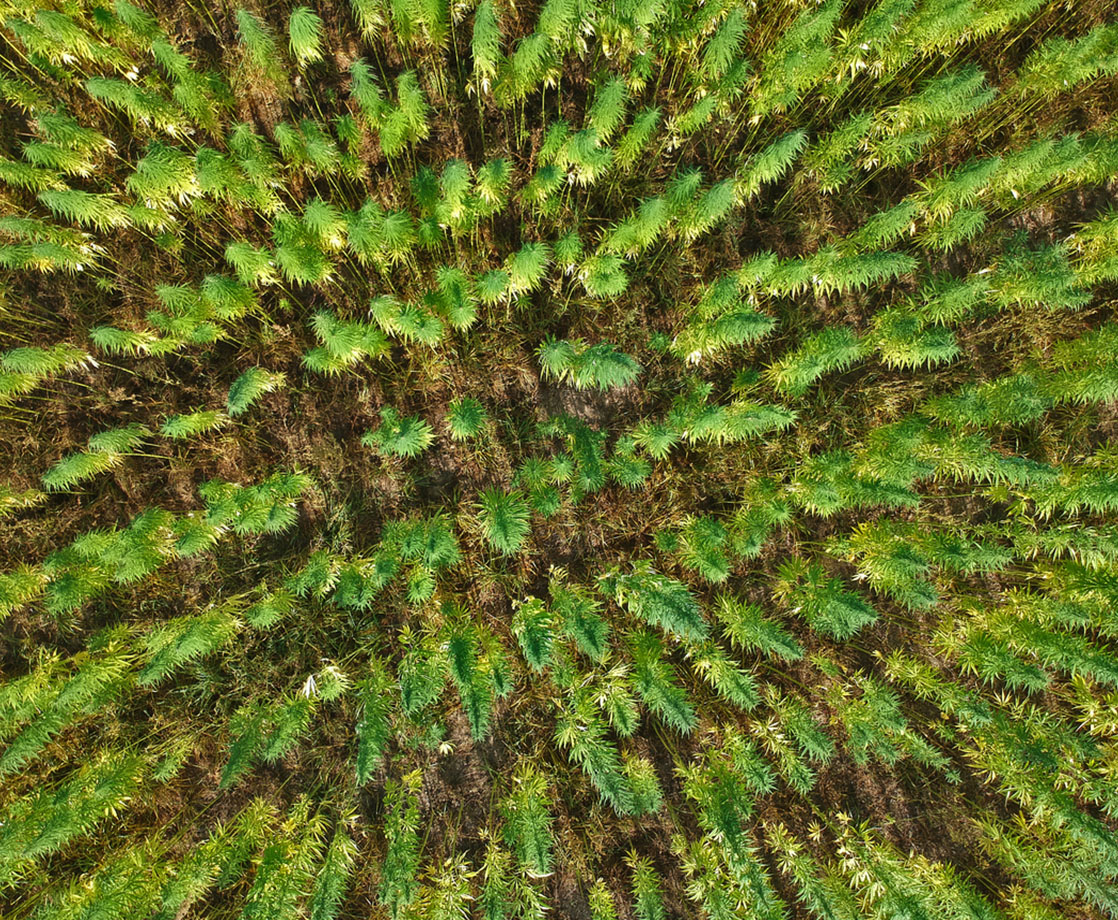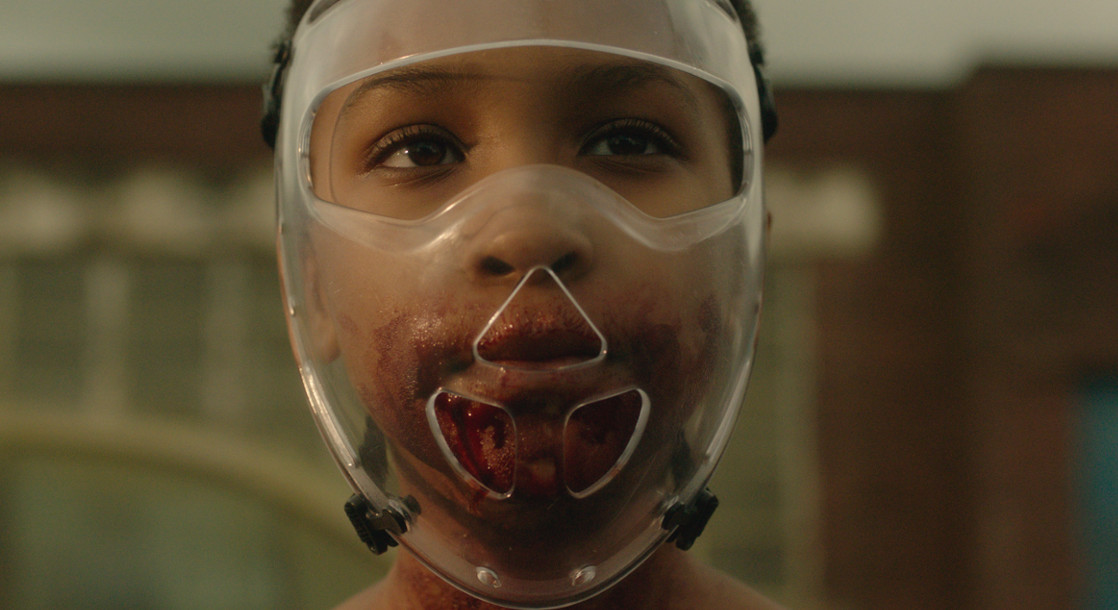For the first time ever, scientists have experimentally confirmed that who you trip on mushrooms with, and the setting you do it in, determines the quality of your psychedelic experience.
‘Shroom heads and psychonauts have known this since — well, forever: Tripping on psilocybin with friends or trusted guides is basically rule number one for taking shrooms because it’ll usually keep you from having a challenging experience. But a new study published in Scientific Reports just provided some solid scientific credibility to this ancient folk wisdom.
In the study, researchers followed groups of psilocybin users who attended a “mindfulness retreat,” where guides led trip sessions involving meditation, empathy exercises, and other exercises where people explored their inner worlds and their relationships to the people around them. This is much different than the typical ‘shroom trip on the street, where someone may eat some caps then mindlessly party hardy until the wee hours of the morning (and beyond).
“These findings highlight the interactions between non-pharmacological and pharmacological factors, and the role of emotion/attention regulation in shaping the experiential quality of psychedelic states, as well as the experience of selflessness as a modulator of behavior and attitudes,” the researchers wrote. “A better comprehension of mechanisms underlying most beneficial psychedelic experiences may guide therapeutic interventions across numerous mental conditions in the form of psychedelic-assisted applications.”
Gallery — Today’s a Lovely Day for a Gourmet Mushroom Trip:
In case you haven’t had enough coffee to decrypt that scientific gobbledygook, here’s what it said, in a nutshell. Basically, when psilocybin trippers took mushrooms during a “guided mindfulness retreat,” where everyone took ‘shrooms together and were led by an experienced meditation guide, they had an amazing time. Not only did they report better meditative sessions, they could achieve “self-dissolution” much easier, too. Self-dissolution is the feeling that one has literally and figuratively “dissolved” into the universe, facilitating deep feelings of interconnectedness and unity with their surroundings and other people.
Scientists believe self-dissolution lies at the center of psilocbyin therapies. Researchers suspect that when psychedelics essentially erase one’s ego, the mind can begin exploring other solutions for resolving conflicts inside and outside of itself. Basically, the brain can relearn and reteach itself valuable coping skills, but only after it “lets go” of its previous notions and presumptions.
Furthermore, the study found that psychedelically-experienced participants who tripped during guided mindfulness retreats not only reported that their experiences were far more significant than previous trips outside of the retreats, but the trip yielded some of the most insightful experiences of their entire lives, period.
“At the follow-up, participants were asked how personally meaningful the study experience was,” the authors wrote. “A large proportion of participants in the psilocybin group rated their experience as among either the top ten (50 percent) or [top] five (35 percent) most meaningful experiences of their life, whereas the majority of participants in the placebo group rated their experience as meaningful as those experiences occurring once a month (37 percent), once a year (21 percent), or every 5 years (26 percent).”
While critics of guided trip experiences for other drugs, such as ayahuasca, charge those services as cultural appropriation or mere tourism, there may be some serious credence to these services, after all. This latest data may also provide support for group-oriented psychedelic services and vacation packages — y’know, whenever those finally become legal in the US.
Follow Randy Robinson on Twitter











